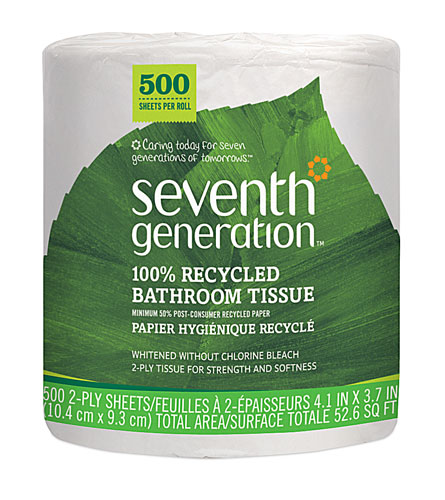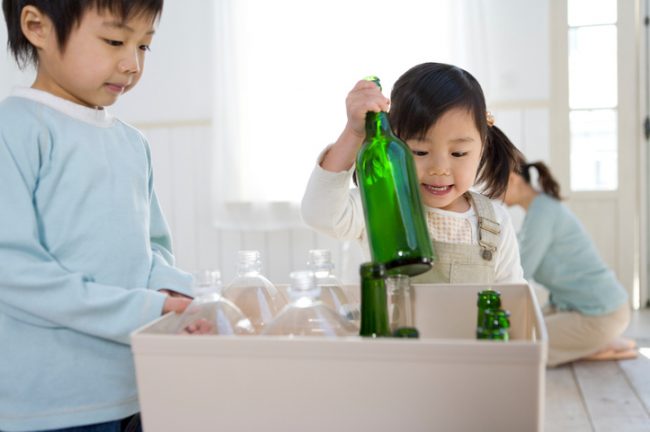As parents, we’re on a constant quest to instill in our children some semblance of baseline values, only to then realize we need to tease out those concepts into practical applications in real life. Turns out, it can be way more work than we realized it would be when the kiddos were adorably toddling around and our biggest worry was that they might shove something up their nose.
Melding your family’s values with their daily actions might flow relatively seamlessly, but teaching your kids how their everyday habits create a ripple effect far beyond their own home can be a daunting task. Planning eco-friendly chores that fit within your little (or big) one’s age and abilities is not only a practical way to get stuff done and clean the house, but it also imparts the values intrinsic to your family.
Young kids (3-8)
With the little ones it’s not quantity as much as it is quality. Aim for the feel-good type of chores that are accessible to them without asking too much. Collecting and sorting recyclables from around the house is a simple way for youngsters to become familiar with which materials are recyclable and which are not. Have clearly and simply labeled trash containers to make it easy for them to identify what goes where.
Getting this eco-friendly responsibility established as a habit early in childhood translates into a concrete value throughout their lifetime.
Tweens (9-12)
This is a great age group to introduce to countertop composting. They won’t be tempted to play with the contents and they are old enough to decipher what goes in the trash, what goes in the compost container, and what goes down the drain.
While they’re still getting the hang of it, have a guide-at-a-glance card posted somewhere near the container for reference (yes to veggie trimmings and coffee grounds, no to meats) just to keep it safe and simple.
Learning to compost will instill the importance of reducing food waste and you can expand their responsibilities to include putting the compost into the garden and growing some of your own produce at home.
Teens (13-18)
In all honesty, teens are the ones that test your patience and try your nerves most often. It’s likely that no matter what you ask them to do, they’re going to complain about it. There is also a beauty to this age group. They are independent, inventive and insightful in ways that we aren’t. Teens always have their finger on the pulse of new technology.
While some grunt work is good for everyone, let the teens in your home expand how your family reduces their carbon footprint by implementing new eco-friendly technology around the house. Once a month have them research a new eco-friendly way to do something in your home, from cleaning to recycling to ways to reduce your electricity usage, and then let them run with the plan (providing there are no safety hazards and it doesn’t take a large financial investment beyond your family’s means).
What smells like teen spirit and ingenuity also fosters a lifelong way of thinking about how each of us can make a difference in the longevity of our planet with everyday decisions.




